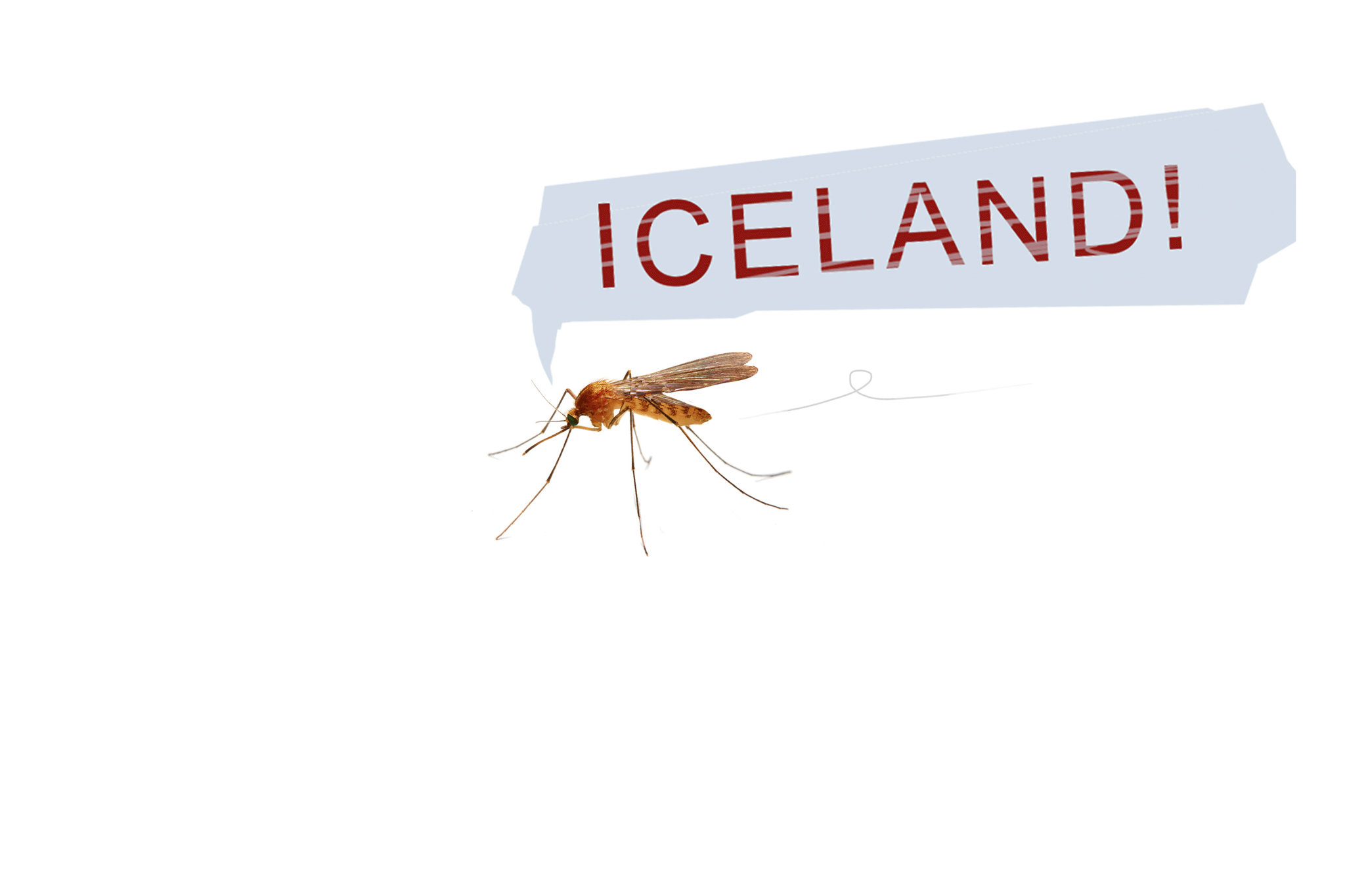Iceland is mysteriously free of mosquitoes—for now, anyway
They suck your blood and buzz annoyingly around your ears. Their itchy bites can turn a festive barbecue miserable or ruin a bucolic walk in the woods. The most baneful ones spread diseases.
In almost every country in the world, mosquitoes are a menace.
Everywhere but Iceland, that is.

Iceland is one of the few habitable places on the planet that is mosquito-free, and nobody really seems to know why.
It’s not nearly as cold as Antarctica, which is so frigid that mosquitoes (and people, for that matter) could never survive exposure to the elements there for long. Nor does Iceland lack the ponds and lakes where mosquitoes love to breed. And the insects are able to thrive in Iceland’s neighbors — Norway, Denmark, Scotland, even Greenland — which only adds to the mystery.
The most likely theory proffered so far, scientists say, is that Iceland’s oceanic climate keeps them at bay. When mosquitoes lay eggs in cold weather, the larvae emerge with a thaw, allowing them to breed and multiply. Iceland, however, typically has three major freezes and thaws a year, creating conditions that may be too unstable for the insect’s survival.
Others have suggested that there may be something about the chemical composition of Iceland’s soil and water that mosquitoes can’t tolerate.
Whatever the reason, mosquitoes simply haven’t been able to colonize the way they do elsewhere, said Gisli Mar Gislason, a biologist at the University of Iceland.
That may not be true much longer. Global warming has raised the average air temperature in the country about 2 degrees Fahrenheit in the past 20 years, and in that time, 200 new insect species have settled in Iceland that could not thrive there before, Gislason said: “If the warming continues, we may find mosquitoes in Iceland in the near future.”
It wouldn’t be entirely bad news. Mosquitoes would provide a new source of food for fish, especially Arctic char, one of Iceland’s main exports. But otherwise, Gislason observed, “they will be a nuisance for everyone, just like they are all over the world.”
For now, the only place in Iceland to find a mosquito is in the Icelandic Institute of Natural History. There, preserved in a jar of alcohol, is one lone specimen, captured by Gislason in the 1980s as it buzzed inside an airplane from Greenland that he had boarded at an Icelandic airport.
“I chased it around the cabin until I got it,” he said. “It’s the only mosquito I’ve ever found in Iceland.”